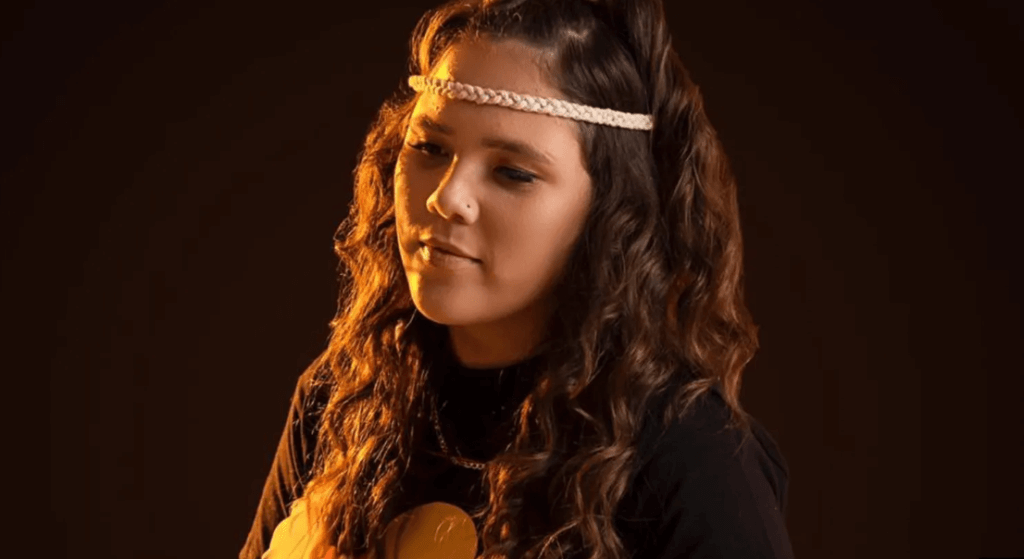Do you fear us? Why else does a 10 year old Aboriginal kid need to be caged?

Just Reinvest NSW Youth Ambassadors Isaiah Sines and Terleaha Williams published an opinion editorial in the Sydney Morning Herald on July 28, 2020 .
Do you fear us? Why else does a 10-year-old Aboriginal kid need to be caged?
The nation’s attorneys-general met on Monday to discuss whether to raise the age of criminal responsibility. They decided that no action would be taken at this stage. Right across Australia, children can be locked up in prisons from the age of 10.
As Aboriginal young people, from experience we can tell you that this is far too young and has a devastating effect. In NSW, 75 per cent of kids under 14 in detention are Aboriginal. We have to raise the age to at least 14.
African American philosopher Cornel West says “justice is what love looks like in public”. Our young people need to know that we as a community care for them. Children aged 10 to 13 need to be supported, not punished. Raising the age is about changing the way our systems interact with and support young people.
Despite our people’s longstanding fight for self-determination and land rights, we are still at the mercy of a system that is afraid of us. So afraid that it keeps 10-year-old children locked behind barbed wire, controls their contact with family, and repeatedly strip-searches them.
Do we raise that much fear in our police and justice system that we deserve to be caged?
The truth is that it is Aboriginal children and young people who should be afraid. Afraid of putting our safety and wellbeing in the hands of a system that has traumatised our parents, grandparents and now us. We grow up expecting bad things to happen to us.
Right now we are working on a project called Mounty Yarns. We are gathering the stories of Aboriginal young people in Mount Druitt with lived experiences of the criminal justice system and mental health issues. We want everyone to be able to learn from the experiences, strengths, challenges and resilience of our young people growing up in Mt Druitt.
These stories are about little kids who should never be locked up. Children who sing nursery rhymes to themselves. Children with intellectual disabilities who should be nowhere near a prison cell. Children who can’t see over the counter to sign the forms when they hand over their belongings.
Whenever they go to court or move between units inside detention centres, these children are strip-searched in front of adult strangers. Often these are children with severe trauma. If this is hard for you to read, imagine what this is like to live.
Nothing improves by locking up kids. When you do, you take us away from everything – our family, our culture, our country. And you are spending $1414 a day per kid. Imagine what that could do for us if it was spent putting the right supports in place.
Along with raising the age, systems need to change and resources need to shift. The government needs to stop investing so much in police and start investing in young people – with proper support to keep them away from the criminal justice system in the first place.
For some young people at 10 and 11, when they have reached out for support, they have been told they need to have an offence and then plead guilty before they can get help. The NSW government’s
Stronger Communities has a budget of $16.4 billion. Ask any of our mob if these services are making our Aboriginal communities stronger.
Young people tell us that every time they see police they feel the same way; it is a physical feeling, a sick feeling in your stomach. Whether we’ve done anything wrong or not, they still target you and your family. They will pull you over and people looking on will think you’ve done something wrong. It is constant anxiety, a constant feeling of fight or flight.
Over-policing stops us from living our lives, from travelling on trains, getting a haircut, feeling safe and being safe. Why would a police officer, with no training or skills, be able to engage with kids?
For us, there is no such thing as good interactions between the police and Aboriginal young people in Mt Druitt. This needs to change. As a community and as young people, we know what works. Solutions need a strong focus on self-determination, community leadership and lasting intergenerational change.
US prisons activist Angela Davis says: “I am no longer accepting the things I cannot change. I am changing the things I cannot accept.” We cannot accept the idea that the best place for a 10- to 13-year-old kid is sitting in a police or prison cell.
We are just some of the strong Aboriginal young people in Mt Druitt fighting for a better future for our young people. We want to build a better future for our families and communities. We want to build the solutions.
Isaiah Sines is the Mt Druitt youth engagement officer and a youth ambassador for Just Reinvest NSW. He is a Dhungatti man from Kempsey with ties to the Wiradjuri people. Terleaha Williams is Kamilaroi and Yuin teenage woman, a Just Reinvest NSW youth ambassador and a project lead on Mounty Yarns. Both lead a community OzTag team in Mt Druitt.
You can read the original article here.
May 24, 2024at6:26 pm, Lucky Jet said:
Very well presented. Every quote was awesome and thanks for sharing the content. Keep sharing and keep motivating others.